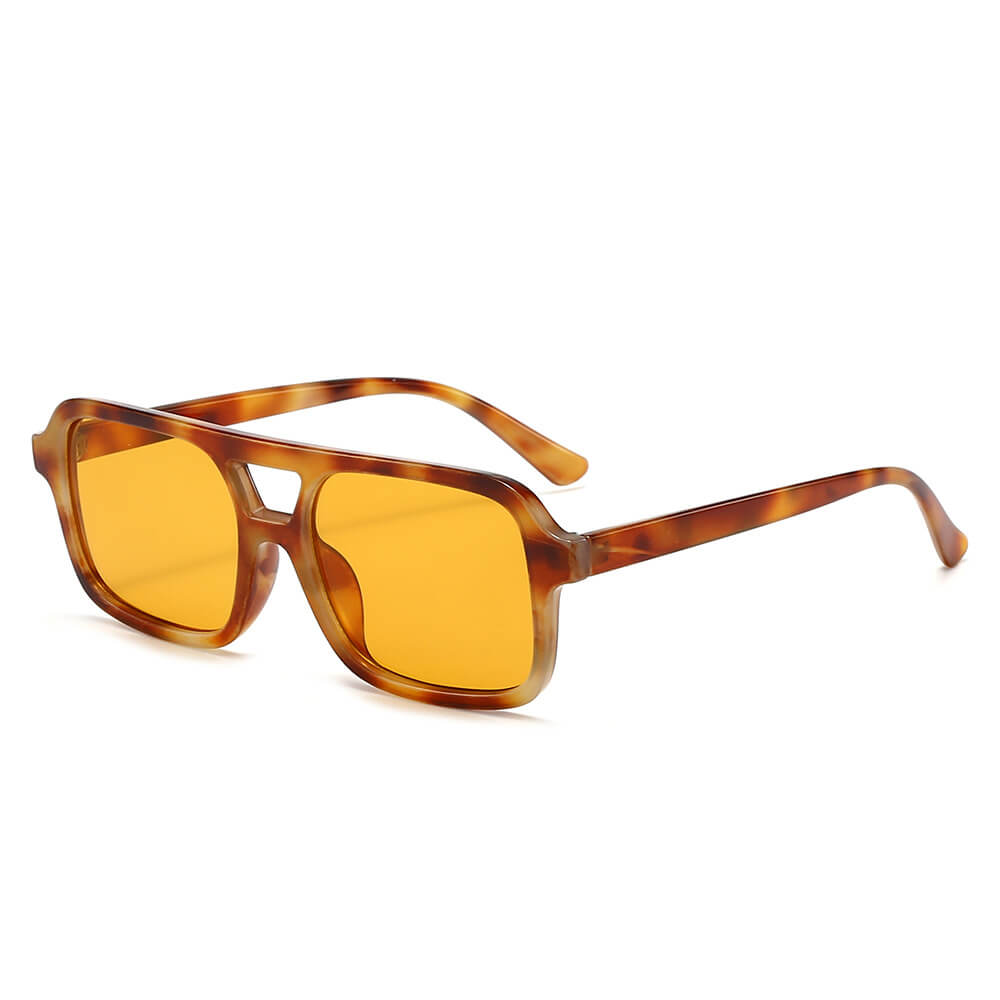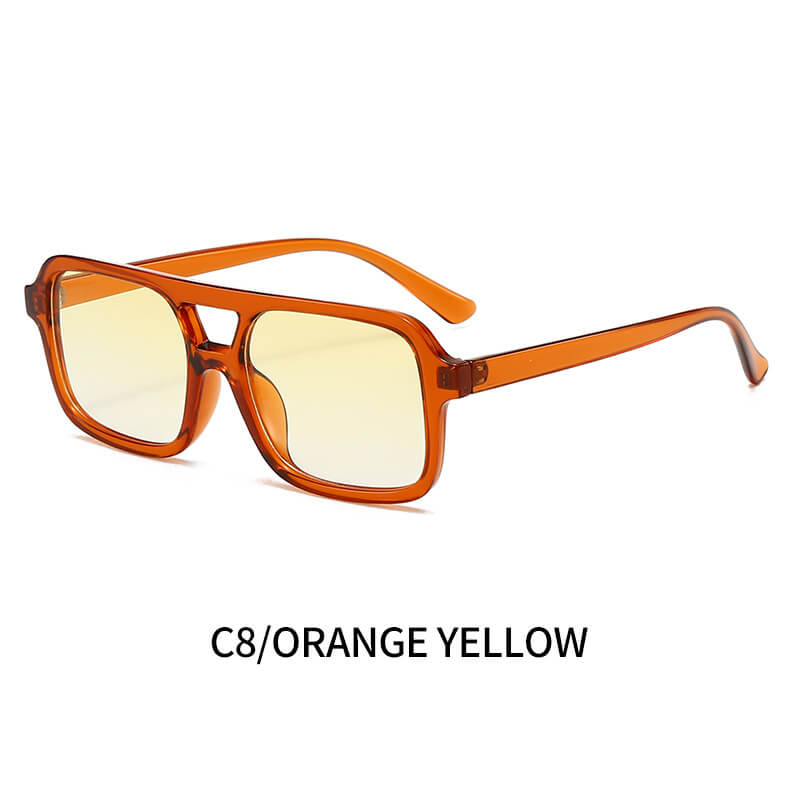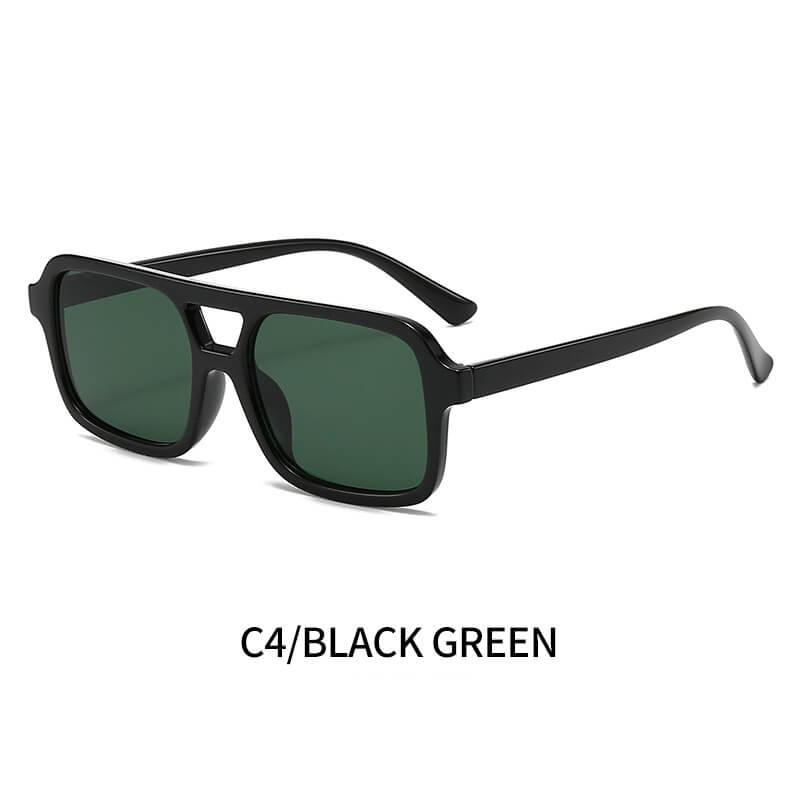Top search terms
Polarized vs. Non-Polarized Sunglasses Which Should You Choose?
2024-07-07
Choosing the right sunglasses is more than just a fashion statement; it's about protecting your eyes and enhancing your visual experience. One of the key decisions you'll need to make is whether to opt for polarized or non-polarized sunglasses. In this blog, we will compare the two types and help you decide which is best for your needs.


Understanding Polarized Sunglasses
Polarized sunglasses are designed to reduce glare from reflective surfaces like water, snow, and glass. They have a special filter that blocks horizontal light waves, allowing only vertical light to pass through. This results in clearer, more comfortable vision and reduced eye strain.
Benefits of Polarized Sunglasses
Reduces Glare
Polarized lenses significantly cut down on glare, making them ideal for driving, boating, fishing, and other activities where reflective surfaces can cause visual discomfort and hazards.
Enhances Visual Clarity
These lenses improve contrast and color perception, making objects appear sharper and colors more vibrant.
Minimizes Eye Strain
By reducing glare and enhancing visual clarity, polarized sunglasses help prevent eye fatigue during extended wear.
Improves Safety
For activities like driving or skiing, reduced glare means better visibility and quicker reaction times, enhancing overall safety.
Understanding Non-Polarized Sunglasses
Non-polarized sunglasses, on the other hand, are designed primarily to reduce the amount of light entering the eyes. They offer protection against harmful UV rays and reduce brightness but do not specifically target glare from horizontal surfaces.
Benefits of Non-Polarized Sunglasses
UV Protection
High-quality non-polarized sunglasses provide excellent protection against UV rays, which is essential for eye health.
Cost-Effective
Generally, non-polarized sunglasses are less expensive than polarized ones, making them a more budget-friendly option.
Versatility
Non-polarized lenses are versatile and suitable for various everyday activities without the specific need for glare reduction.
Unobstructed View of Screens
They do not interfere with the visibility of LCD and LED screens, which can be an issue with polarized lenses.
Polarized vs. Non-Polarized: Key Considerations
Activity
Choose polarized sunglasses if you engage in activities like fishing, boating, skiing, or driving, where glare is a significant concern.
Non-polarized sunglasses are suitable for general use and provide good protection and comfort for everyday activities.
Budget
If cost is a major factor, non-polarized sunglasses are usually more affordable while still offering UV protection.
Screen Visibility
If you frequently use devices with LCD or LED screens, non-polarized sunglasses might be a better choice to avoid screen visibility issues.
Ultimately, the choice between polarized and non-polarized sunglasses can come down to personal preference. Some people find the enhanced clarity and reduced glare of polarized lenses to be worth the extra cost, while others prefer the versatility and affordability of non-polarized lenses.
Both polarized and non-polarized sunglasses have their unique advantages. Polarized sunglasses are excellent for reducing glare and enhancing visual clarity in specific situations, while non-polarized sunglasses provide solid UV protection and are more versatile for everyday use. Assess your specific needs, activities, and budget to choose the type that best suits you.
For a wide range of both polarized and non-polarized sunglasses, consider checking out suppliers like the LIORQUE Group. They offer high-quality options in various styles to meet your needs.


